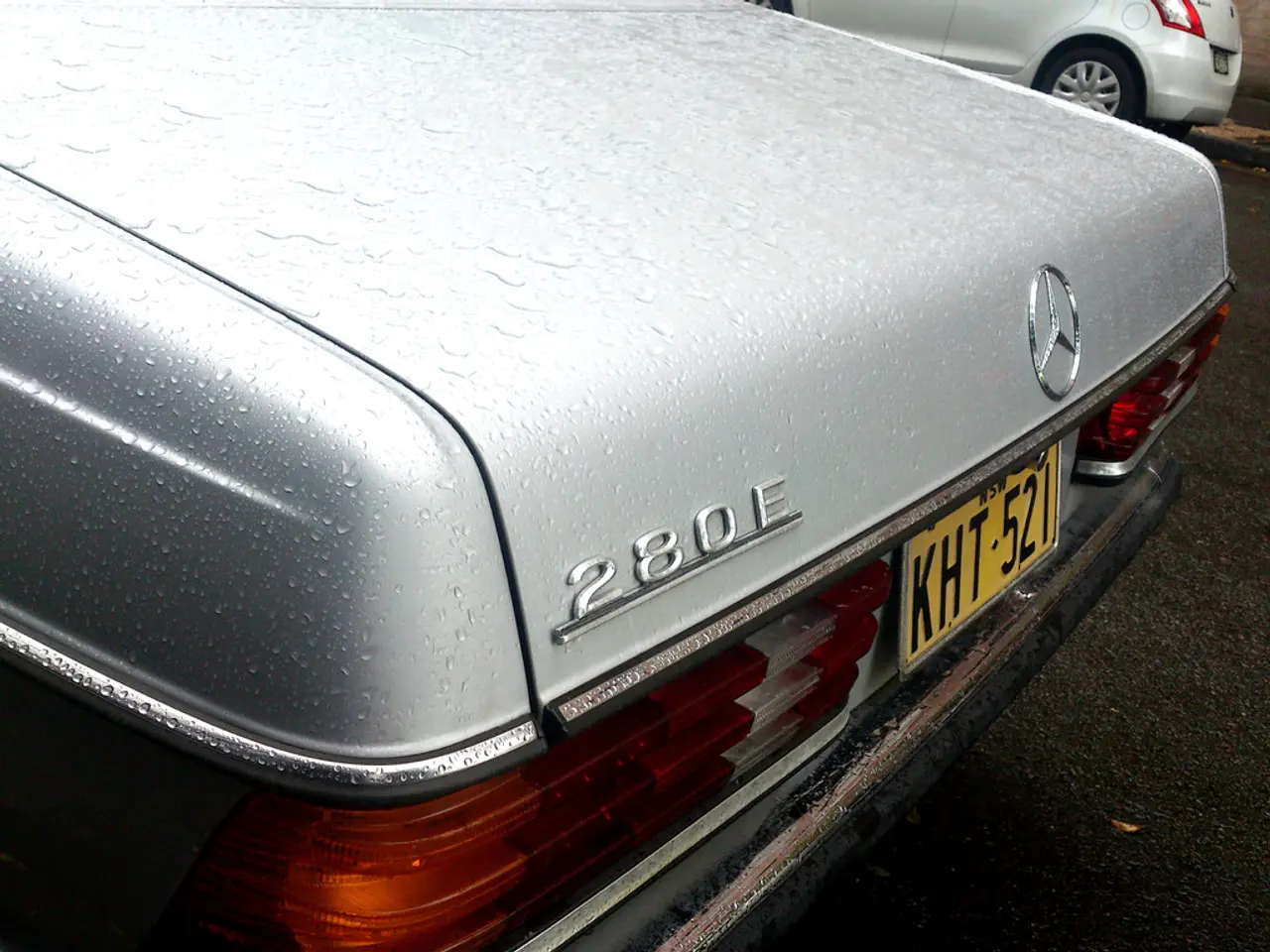Mercedes likely anticipates a substantial decrease of over half in profits during the initial half of 2025.
Mercedes-Benz has announced a substantial decline in profits in the first half of 2025, primarily due to falling sales, increased costs, and challenging market conditions. The German automotive giant reported a 55.8% drop in profits, with second-quarter earnings plummeting nearly 70%.
The group's revenue fell by nearly nine percent to 66.4 billion euros, while the adjusted return on sales dropped sharply from 8.1% in 2024 to an expected 4-6% in 2025. In the passenger car division, operating profit fell from 5.2 to 2.5 billion euros, and the profit margin fell from 9.9 to five percent.
The decline in electrified vehicle sales also had an impact. Of these, 75,733 were purely battery-powered models, a decrease of 19%, and 105,033 were plug-in hybrids, an increase of 21%. However, in the first half of 2025, Mercedes-Benz sold 180,766 electrified vehicles, with no change compared to the same period last year.
Cost-cutting Measures and Strategic Investments
To navigate the pressures from tariffs, market slowdowns in China, and elevated costs, Mercedes-Benz is employing several strategies. The company is implementing cost-cutting measures and trimming profit margins to control losses and improve efficiency.
Additionally, Mercedes-Benz is strengthening its position in the high-end luxury market by opening the world’s first dedicated Maybach brand centre in Seoul. The company is also continuing innovation, such as demonstrating advanced point-to-point driving assistance features in China, to enhance technological leadership and appeal.
Challenges Ahead
Mercedes-Benz has significantly revised its full-year 2025 forecast, expecting a decline in revenue and sales. The operating result in the van division decreased by nearly 72% from 1.8 to 0.5 billion euros. The free cash flow in the industrial business increased from 3.9 to 4.2 billion euros.
The main plant in Stuttgart-Untertürkheim is scheduled to close by the end of 2026. Mercedes is investing a three-digit million amount in the site for continued production of both internal combustion engines and electric drives in the 2030s.
CEO Ola Källenius referred to "robust financial results in a challenging environment". Despite the challenges, Mercedes-Benz remains optimistic about its future and aims to navigate the pressures through focused cost management, premium brand reinforcement, and technology investments.
[1] Mercedes-Benz Group Annual Report 2025 [2] Mercedes-Benz Group Interim Report 2025 [3] Mercedes-Benz Group Press Release - Q2 2025 Results [4] Mercedes-Benz Group Press Release - Full-Year 2025 Forecast [5] Mercedes-Benz Group Press Release - Plant Closure Announcement
The financial troubles experienced by Mercedes-Benz in the first half of 2025, as revealed in the Group Annual Report and Interim Report, have led to a substantial decline in profits, with a 55.8% drop in earnings and a forecasted decline in revenue and sales for the full year. This impact is not limited to the automotive sector, as the company is also experiencing challenges in other industries such as finance, with the adjusted return on sales dropping sharply, and transportation, due to the closing of the main plant in Stuttgart-Untertürkheim by the end of 2026. To counter these pressures, Mercedes-Benz is employing cost-cutting measures and strategic investments, such as strengthening its position in the high-end luxury market and continuing innovation in advanced point-to-point driving assistance features.




